China’s Upcoming Universal Periodic Review: A Guest Blog Post from Fordham Law School’s Leitner Center
This coming Tuesday, the United Nations’ Human Rights Council will conduct China’s third periodic review. Given the increasing authoritarianism of the Xi Jinping regime, many countries and NGO’s have filed critical submissions to the UN and have listed questions that the Human Rights Council should ask the Chinese delegation in regards to the country’s current human rights violations. Expect the Chinese government’s illegal internment of millions of Uighurs in Xinjiang Autonomous Region to be a central issue.
Today, Caitlin Hickey, Joey Lee, Reece Pelley and Elisabeth Wickeri, advocates from Fordham Law School’s Leitner Center for International Law and Justice offer their insightful assessment of China’s major human rights violation: the continued – and increased – use of non-judicial, and at times illegal, arbitrary detention of people the Chinese government just doesn’t like. While arbitrary detention will certainly arise in the context of the Xinjiang internment camps, the authors, in their guest blog post below, remind us that it is a far more prevalent practice, impacting other vulnerable populations, and that the U.N. should not forget to question the Chinese delegation about the government’s treatment of these vulnerable populations.
Left Behind on the Road Towards “Human Rights with Chinese Characteristics”:
China’s Universal Periodic Review and the Arbitrary Detention of Stigmatized Communities
Caitlin Hickey, Joey Lee, Reece Pelley, Elisabeth Wickeri*
 As China prepares to present its human rights record before the full membership of the United Nations (UN) this Tuesday, we hear the beginnings of a familiar story. Leading up to its third appearance at the Universal Periodic Review (“UPR”)—a UN Human Rights Council mechanism through which each of the UN’s 193 Member States undergoes a human rights evaluation based on recommendations offered by fellow Member States—the Chinese government’s opening UPR statement invokes specialized national conditions, the unique needs of its people and its constant lodestar: “always following the road of developing human rights with Chinese characteristics.” “This is a road that takes the people as the center,” China explains, and “the road of human rights development always takes the well-being and interests of the people as the starting point and end result.”
As China prepares to present its human rights record before the full membership of the United Nations (UN) this Tuesday, we hear the beginnings of a familiar story. Leading up to its third appearance at the Universal Periodic Review (“UPR”)—a UN Human Rights Council mechanism through which each of the UN’s 193 Member States undergoes a human rights evaluation based on recommendations offered by fellow Member States—the Chinese government’s opening UPR statement invokes specialized national conditions, the unique needs of its people and its constant lodestar: “always following the road of developing human rights with Chinese characteristics.” “This is a road that takes the people as the center,” China explains, and “the road of human rights development always takes the well-being and interests of the people as the starting point and end result.”
But haven’t we been down this road before? Advocates for some of China’s most stigmatized communities certainly think so. These advocates have highlighted that these communities are far from the “center” and their “well-being and interests” are rarely considered. Since the UPR process began for all UN Member States in 2008—and arguably in most of China’s UN human rights interactions—certain vulnerable populations have been rendered effectively invisible. Of course, China’s most recent UPR statement proclaims that “it upholds the principle of the people’s primacy” while “promoting the comprehensive development and common prosperity of the people as a whole.” But who exactly is included in China’s definition of “the people”? And who gets left behind on China’s chosen “road” to human rights accountability?

A crackdown on some of China’s sex workers. Photo courtesy of Agence France-Presse/Getty Images
One group to pay particular attention to is China’s sex workers. Communities of sex workers and people who use drugs inhabit every corner of the world. In China, they are men and women, young and old, of all ethnicities, and of all sexual orientations and gender identities, living in rural and urban areas in every province, city, and village of the country. And they are among the most vulnerable in Chinese society as result of profound social stigma. In China, these communities face all manner of discrimination, including enormous barriers blocking equal access to health and employment, as well as violent physical and emotional abuse—not only from state law enforcement actors, but often from within their own families. These are precisely the kinds of marginalized populations who need their government to intervene and protect their fundamental rights, and yet they are often among the first to be left behind on China’s “road” toward “human rights with Chinese characteristics.”
A close look at China’s UPR statement makes clear how stigmatized communities like these sex workers have been at best forgotten and at worst purposefully excluded from government human rights efforts. This is especially apparent in China’s continued use of various forms of arbitrary detention. Since China’s second UPR cycle in 2013, China has rightly been praised by the international community for taking steps to eliminate one of the most long-lasting and widely condemned systems of arbitrary detention—the Reeducation Through Labor (“RTL”) system; in fact, China consistently showcases its efforts at abolishing RTL in its UPR statements. Yet, in eliminating the RTL system, China unfortunately has not committed itself to eliminating other forms of administrative detention that look and feel remarkably similar to RTL but specifically target stigmatized and marginalized groups. In the UPR report it prepared for Tuesday’s session, China affirms that it “continues to improve the conditions of custody and supervision to ensure that the personal security of detainees and prisoners is not violated.” However, for sex workers and people who use drugs who are held in China’s administrative detention systems, this couldn’t be further from the truth.

Drug offenders exercise at a detention center in Shenyang in China’s northeastern Liaoning province. Photo courtesy of China OUT/AFP/Getty Images
The persistent arbitrary detention of sex workers and people who use drugs in China’s Custody and Education (“C&E”) [收容教育] and Compulsory Isolated Treatment (“CIT”) [强制隔离戒毒], administrative detention systems that have flourished even with RTL’s demise, are compelling examples of the invisibility of stigmatized populations in China’s UPR review; in fact nowhere in China’s 2018 UPR statement is there a focus on the rights of these groups. Sex workers and people who use drugs can be detained in C&E centers and under the CIT system respectively without judicial oversight or due process and without recourse to detainee protections otherwise guaranteed under Chinese law, all stemming from regulations that are overly broad in scope with vague definitions subject to politicized application.
Administrative detention under the C&E and CIT systems bear remarkable similarities to the system of RTL that China proudly announced to have abolished in 2013. In all these systems, individuals are exposed to risks of torture and other ill treatment—with documented detainee reports of inadequate healthcare, non-consensual medical testing, forced labor, and physical and mental abuse. Among many other troubling features, C&E centers subject detainees to long hours of forced, uncompensated labor, as well as compulsory and non-consensual physical examinations and medical testing. While in CIT, detainees rarely receive adequate healthcare or treatment and are subjected to forced labor and physical violence perpetrated by supervising employees. Additionally, while being weaned off drugs, CIT detainees are also subject to strenuous physical activity, denied critical medication or pain relief, and rarely offered counseling. Of course, ongoing systems of arbitrary detention are not limited to C&E and CIT. The detention camps in Xinjiang that subject Muslims to political indoctrination and substantial rights abuses bear the hallmarks of arbitrary detention in the context of China’s administrative detention framework. While RTL has been officially abolished, these systems persist, largely because of the invisibility of the populations who are detained within them – sex workers, people who use drug, China’s Muslims. On China’s “road of developing human rights with Chinese characteristics”—“a road that takes the people as the center”—it appears that certain populations just aren’t valued enough to be considered “people.”
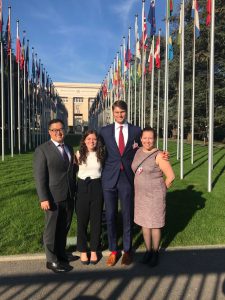
Leitner team – (from L to R) – Joey Lee, Caitlin Hickey, Reece Pelley & Elisabeth Wickeri in Geneva last month.
Fortunately, despite this sense of déjà vu embarking on China’s well-worn path of UN human rights engagement, China’s upcoming third UPR offers the possibility for something different. The UPR is a mechanism through which each and every country undergoes a human rights review based on recommendations offered by UN Member States. China’s widely publicized and praised commitment during its second UPR in 2013 to abolish RTL came alongside a number of clear and direct recommendations from several UN Member States to do just that—eliminate RTL detention and commit to reforming China’s administrative detention system. These governments included France, Germany, Sweden, Canada, Belgium, the United Kingdom, and the United States. As the UN Member States gear up for China’s latest UPR on November 6, they must insist that China honor its commitment to “the people”—meaning all people, including stigmatized and vulnerable communities at the margins of Chinese society, including sex workers and people who use drugs in C&E and CIT detention. Perhaps for these groups, China’s third time at the UPR will be the charm, and the international community can bear witness to their lives, which have for so long been invisible in China’s human rights engagement at the UN.
*Joey Lee and Elisabeth Wickeri are lawyers with the Leitner Center for International Law and Justice at Fordham Law School; Caitlin Hickey and Reece Pelley are law student advocates. The Leitner Center works to strengthen rule of law and human rights protections for vulnerable populations worldwide. In particular, in cooperation with in-country partners, the Leitner Center works extensively with civil society organizations to support and empower vulnerable populations in the People’s Republic of China (“China”). Drawing upon the expertise and documentation of China-based partners as the basis for analysis and recommendations, the Leitner Center submitted a Stakeholder Submission in advance of China’s upcoming UPR, and participated in advocacy in the lead-up to its November 6 review.
 On Facebook
On Facebook By Email
By Email 
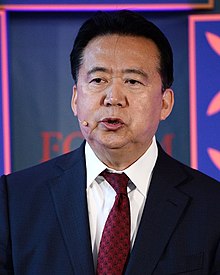


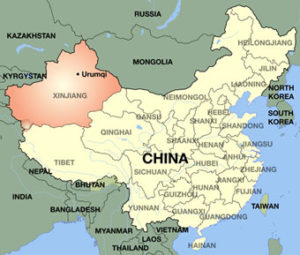 Rajagopalan’s Reporting on Xinjiang – Why Is the Chinese Government So Sensitive About This?
Rajagopalan’s Reporting on Xinjiang – Why Is the Chinese Government So Sensitive About This?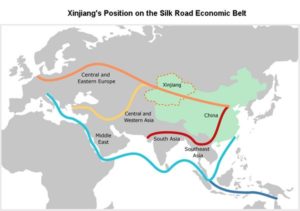
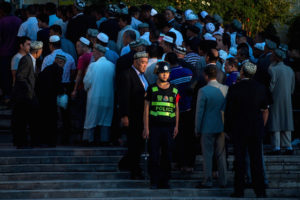
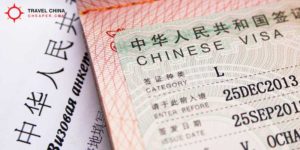 Unlike the United States, where there is only one type of journalist visa, Chinese law distinguishes between two types of journalist visas, the J-1 and the J-2. The J-1 visa can only be issued to journalists whose news agency has a permanent office in China (See
Unlike the United States, where there is only one type of journalist visa, Chinese law distinguishes between two types of journalist visas, the J-1 and the J-2. The J-1 visa can only be issued to journalists whose news agency has a permanent office in China (See 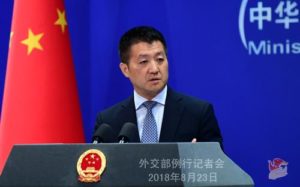
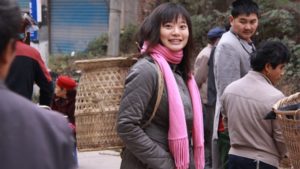
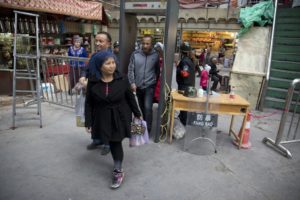





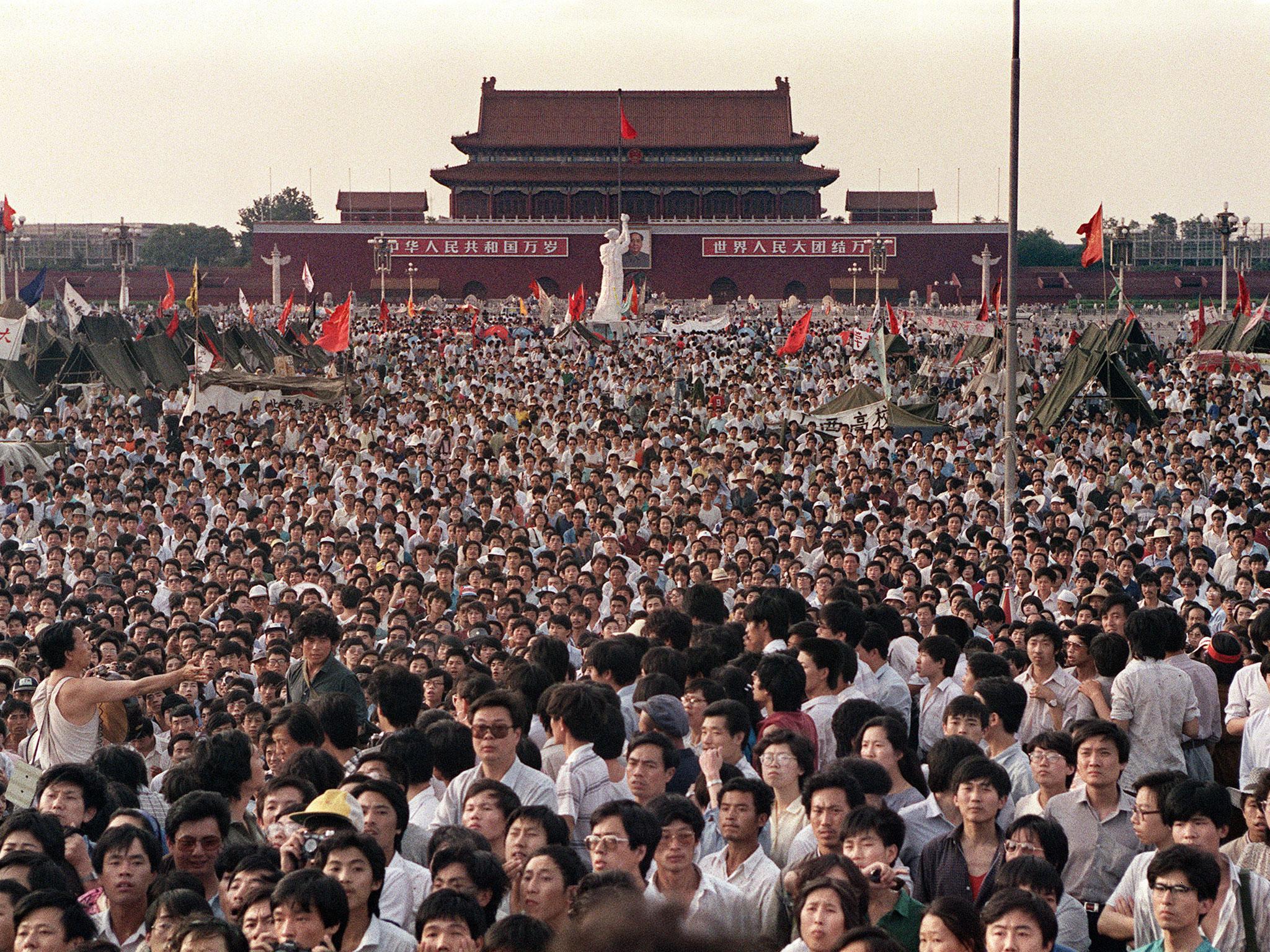
/cdn.vox-cdn.com/uploads/chorus_image/image/58619791/915205050.jpg.0.jpg)




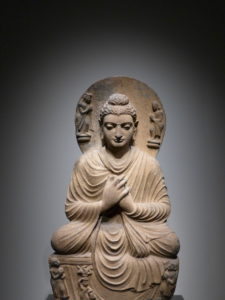

 Since 2004, it has been
Since 2004, it has been 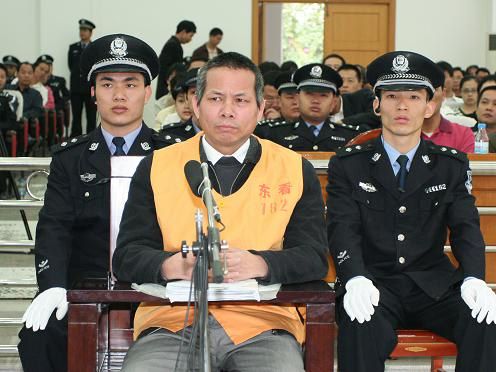


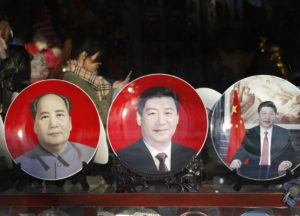




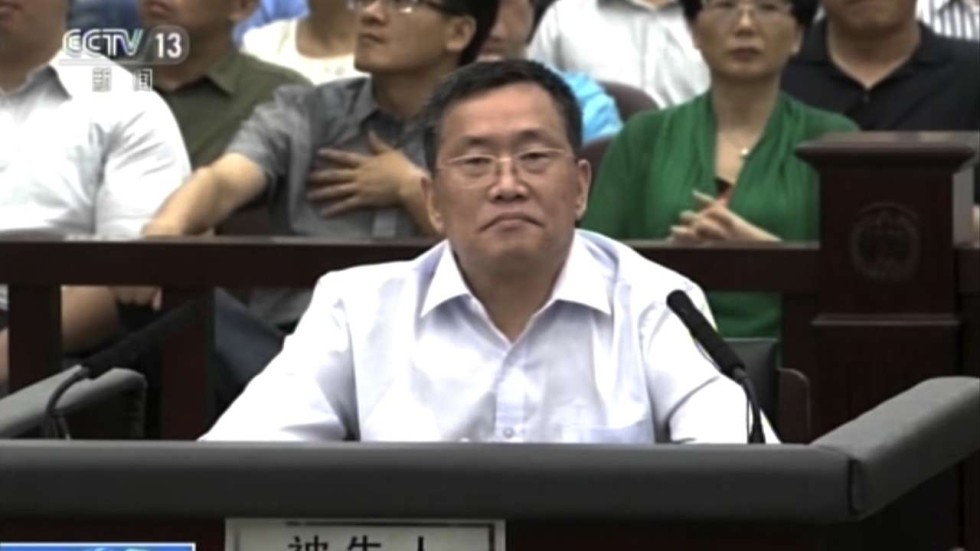


 But in blaming these elusive, foreign, anti-China forces, the Chinese government ignores the real reason why these civil rights activists exist: the injustices in Chinese society. It is Jiang’s own life that is a testament as to why the Chinese government’s efforts to suppress these civil rights activists will ultimately fail. For a
But in blaming these elusive, foreign, anti-China forces, the Chinese government ignores the real reason why these civil rights activists exist: the injustices in Chinese society. It is Jiang’s own life that is a testament as to why the Chinese government’s efforts to suppress these civil rights activists will ultimately fail. For a 